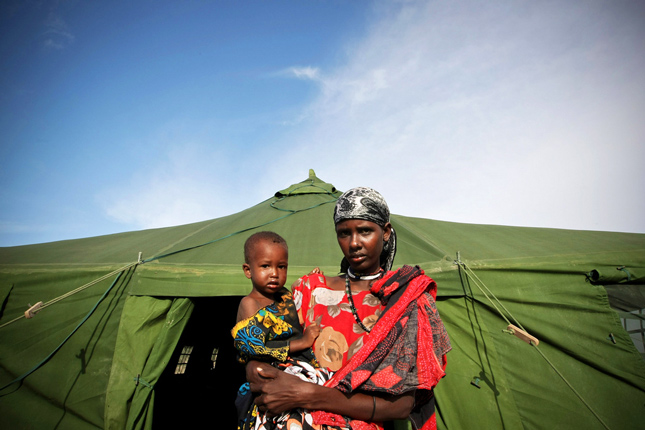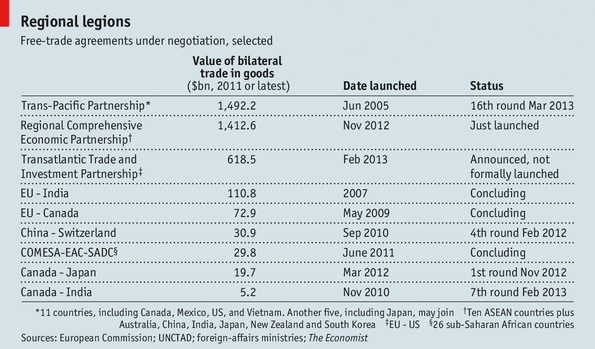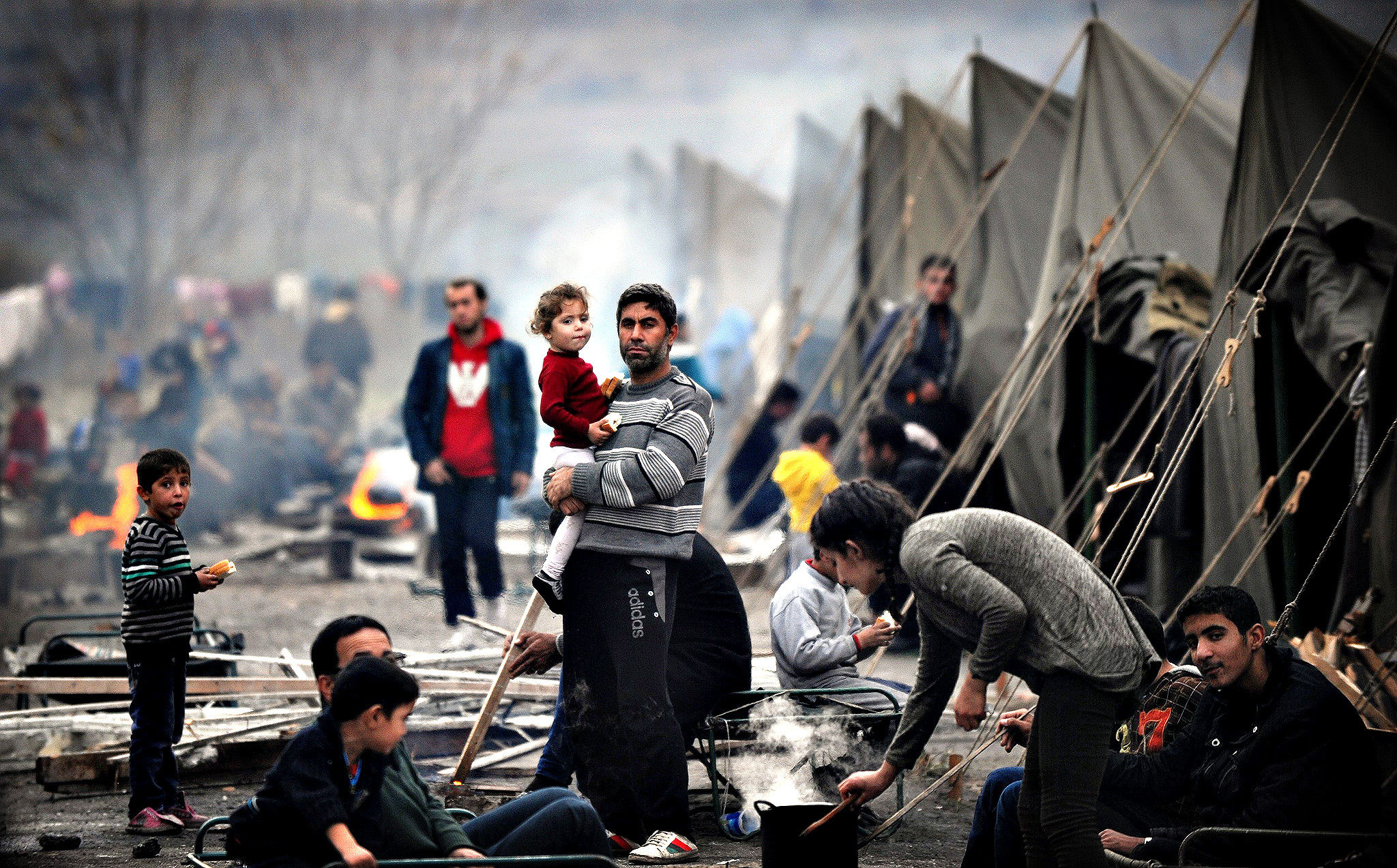Gender-Based Asylum Claims: Why the United States Approves So few
Under current asylum law, gender is not a protected ground for asylum. The United States, as well as many other countries around the world, first committed to the international community to protect the rights of refugees when it signed the Refugee Convention in 1951, the controlling international convention in refugee law. A refugee, according to … Read more










